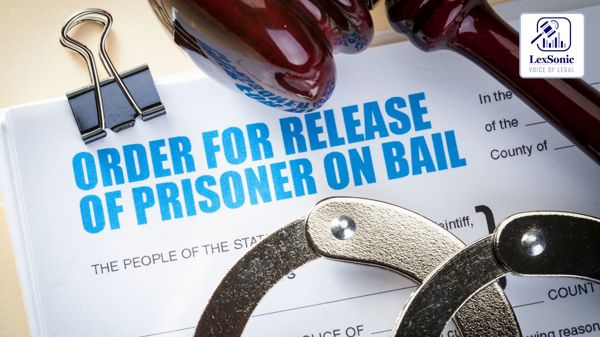Legal Landscape Shifts as Delhi High Court Navigates Complex Bail Petition.
12 July 2024
Bail and Antcipatory Bail >> Criminal Law
In a recent legal development in the case of Prince vs State of Govt. of Nct of Delhi & Others, a high-profile bail application has cast a spotlight on evolving judicial practices and procedural nuances. The case, under the spotlight of Delhi’s judicial system, involves serious allegations and a complex interplay between old and new legal frameworks. This article delves into the intricate details of the bail petition and the court's handling of the matter amidst procedural shifts.
Court's Strategic Adjustment to New Legal Framework
On a notable day in Delhi’s judicial calendar, the Delhi High Court faced a pivotal decision in the anticipatory bail application, BAIL APPLN. 2399/2024. The petitioner, facing grave accusations under sections 376 (rape), 328 (administering drugs), and 506 (criminal intimidation) of the Indian Penal Code, sought relief from arrest. The petition had been filed under the Code of Criminal Procedure (Cr.P.C.), but the case's timing coincided with the enforcement of the Bharatiya Nagarik Suraksha Sanhita (BNSS) 2023, which brought significant procedural changes. In a significant procedural twist, the court acknowledged that the petition should ideally have been filed under the BNSS framework, effective from July 1, 2024. Despite this, to prevent unnecessary delays, the court decided to treat the application under the BNSS provisions, reflecting a pragmatic approach to judicial efficiency and continuity.

Allegations and Defenses: A Complex Web
The case involves allegations that the petitioner engaged in non-consensual physical relations with the complainant on January 18, 2024, a day before their marriage. The petitioner’s counsel argues that the subsequent marriage, which was registered on January 19, 2024, was a result of coercion rather than genuine consent. This assertion is further complicated by the petitioner’s ongoing petition seeking to annul the marriage under Section 12 of the Hindu Marriage Act, 1955.
Prosecutrix's Shifting Stance
The prosecutrix initially withdrew her complaint following a PCR call recorded on January 18, 2024, but later submitted a formal complaint alleging sexual assault and coercion. This shift in her stance led to the FIR registration, highlighting the evolving nature of legal complaints and their implications on the case.
Interim Relief and Procedural Directions
In a move to balance the interests of justice and procedural fairness, the court granted interim relief to the petitioner by restraining any coercive action until the next hearing. This relief is contingent upon the petitioner’s cooperation with the ongoing investigation. Additionally, the court directed that the complainant be informed of her right to participate in the proceedings, either in person or through video conferencing.
Looking Ahead: Key Dates and Expectations
The case is set to reconvene on October 25, 2024. Until then, the court has mandated the filing of a status report by the Investigating Officer and emphasized the importance of procedural compliance. The court’s approach underscores a commitment to navigating complex legal scenarios while adhering to procedural fairness and efficiency.
Conclusion
This case exemplifies the evolving nature of legal proceedings in India, particularly as new laws come into force and existing practices adapt. As the legal landscape shifts, the judiciary’s role in ensuring fair and timely justice remains crucial. The Delhi High Court’s handling of this bail petition highlights the delicate balance between procedural adjustments and the need for judicial expediency, setting a noteworthy precedent for future cases.
